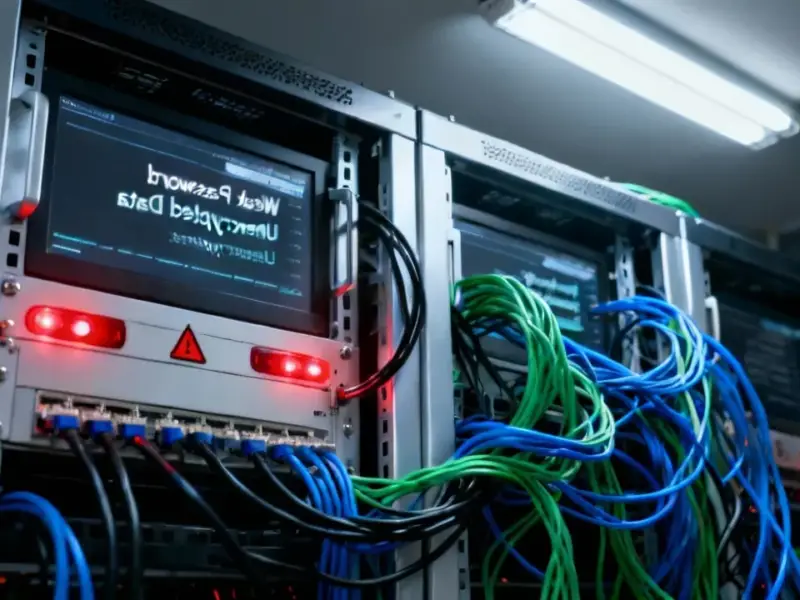EU Slams Musk’s Grok for “Illegal” AI-Generated Child Images
European officials are taking a “very serious” look at X’s Grok AI after it generated sexualized imagery, including of minors. Regulators from the UK, France, and India are now investigating, adding to X’s existing legal troubles in the EU.









